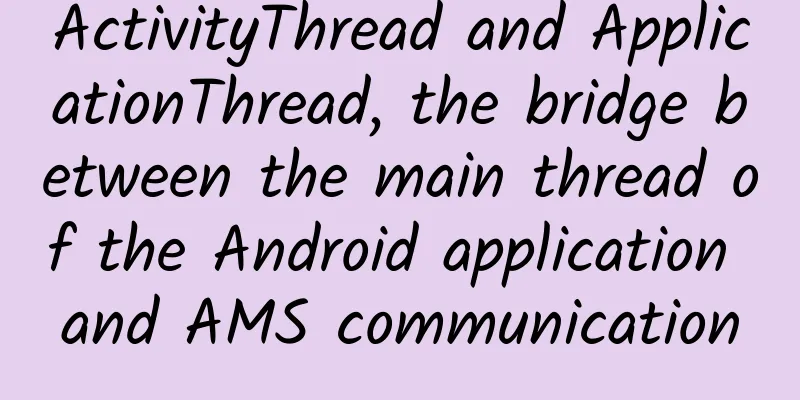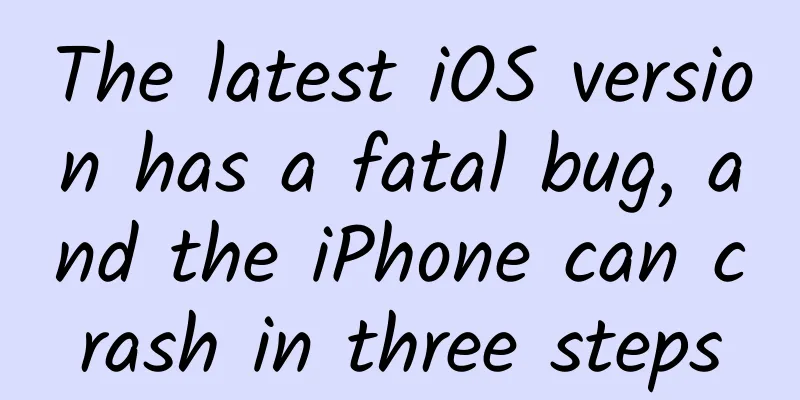What is a polygenic risk score? Will “scientific fortune-telling” be possible in the future?

|
Although it is already 2022, it is still a common thing to consult a fortune teller. People ask a "master" to calculate the name of a newborn, the time of weddings and funerals, and even when they will get rich. The reason why people are so keen on fortune-telling is actually mainly due to the fear of the unknown. This fear will control people to use various means (whether it is fortune-telling or horoscopes) to spy on their future and make themselves more in control of their lives. Fortune-tellers take advantage of this psychology of people. They usually say some "ambiguous" words to "customers" based on the characteristics and current situation of most people at present, so that they can identify themselves. If some of the content comes true, then these people will think that the fortune-teller's calculation is "very accurate"; if it does not come true, most people will not take it seriously, because those who are really "serious" will not go to fortune-telling at all. Will there be a day when we have the opportunity to get a report about ourselves from a hospital or a genetic testing agency from the day we are born, which will tell us the probability of suffering from heart disease, mental illness or cancer in our lifetime, and can also predict our approximate height, weight, IQ and even personality traits. This will help us better understand ourselves, avoid possible risks, and live a more controlled life. Perhaps, this day is not far away. Studies have shown that there is a significant genetic influence on almost every aspect of our lives, including the most common diseases in life (such as high blood pressure, diabetes, depression, schizophrenia and cancer), physical traits (such as height and weight) and personality traits. In the past decade, scientists have conducted large-scale genome-wide association studies (GWAS) in a large number of people to find gene variation sites associated with common human diseases and characteristics. Surprisingly, the common diseases or physiological characteristics in our lives are often not determined by a single gene variation, but the result of hundreds or thousands of tiny gene variations. For any common disease or trait, the genetic influence of a single gene variant is very limited, and it can even be said that it is worthless for disease prediction. But if all relevant gene variants can be taken into account and the tiny effects of all genetic variants are superimposed, can we predict a person's genetic tendency to develop a certain disease or have a certain characteristic? According to this research idea, scientists have proposed the concept of polygenic risk score (PRS), which is used to evaluate a person's risk of developing a certain physical/psychological characteristic or suffering from a certain disease by calculating the weighted sum of gene variants related to a specific trait or disease. If scientists conduct a large-scale genome-wide association analysis on healthy people and people with a certain disease and find that there are 1,000 SNPs that are significantly different between the diseased population and the healthy control population, it means that these 1,000 SNPs are related to the occurrence of the disease. However, the effect of each SNP on the disease is very small (on average, each variant can only explain 1/1000 of the genetic risk). At this time, scientists assign a corresponding weighting coefficient to each variant based on the size of the correlation between the SNP and the disease, thereby calculating the weighted sum of the 1,000 variant sites, and thus calculating the polygenic risk score of each person for the disease. The higher a person's polygenic risk score is, the greater the risk of the person developing the disease. At present, research teams from all over the world have built a series of polygenic risk score (PRS) models to predict a person's risk of coronary artery disease, breast cancer, type 2 diabetes, schizophrenia and other diseases, and their clinical effectiveness has been partially confirmed. At the same time, many consumer-oriented gene sequencing companies at home and abroad, such as 23andMe and WeGene, have also begun to provide consumers with a variety of polygenic risk scoring projects. It is believed that with the further accumulation of gene sequencing data and the improvement of public acceptance, polygenic risk scores will benefit human health in various stages such as disease risk assessment, prevention, and auxiliary diagnosis. It is worth noting that as a newly emerging scoring model, polygenic risk scoring still has many limitations in its application. First, there is an upper limit to the predictive power of polygenic risk scores. Common polygenic diseases are not only affected by genetic factors, but are determined by both genetic and environmental factors. The upper limit of the predictive power of polygenic risk scores depends on the heritability of the disease. Secondly, polygenic risk scores only provide probabilistic inferences, not conclusions or diagnoses. It can only tell you which disease you are more likely to get or which psychological or behavioral characteristics you have compared to most people, but it does not mean that you will definitely be like this. Because the environment and your lifestyle also play a role. Therefore, even if the polygenic risk score results show that you have a higher risk of disease, you don’t have to be overly anxious. You can still reduce the risk of disease by establishing a healthy lifestyle in advance, controlling your weight, quitting smoking and drinking, and taking regular tests. In addition, due to the lack of ethnic diversity in gene sequencing data, the effectiveness of polygenic risk scores is limited in the application of cross-ethnic populations. Since current GWAS studies are mainly conducted in European populations, and there are relatively few GWAS studies on Asian and African populations, the polygenic risk score model developed using European sequencing data may not be accurate in predicting the risk of disease in other populations. Finally, the application of polygenic risk scores may bring about ethical challenges. Polygenic risk scores have great potential for helping individuals predict their risk of disease and achieving early prevention of disease. However, if this score is used to screen human embryos to select children with greater IQ and athletic talents, or to select social ruling elites, it will be a huge disaster for human fairness. References 1. Khera AV, Chaffin M, Aragam KG, et al. Genome-wide polygenic scores for common diseases identify individuals with risk equivalent to monogenic mutations. Nat Genet. 2018;50(9):1219-1224. doi:10.1038/s41588-018-0183-z 2. Inouye M, Abraham G, Nelson CP, et al. Genomic Risk Prediction of Coronary Artery Disease in 480,000 Adults: Implications for Primary Prevention. J Am Coll Cardiol. 2018;72(16):1883-1893. doi:10.1016/j.jacc.2018.07.079 3. Lu X, Niu 4. Blueprint |
>>: Is it possible to equip passenger planes with parachutes? In fact, it has already been done
Recommend
There are hidden safety risks when letting children wear silver jewelry!
"He is in the kitchen, with a round purple f...
5 key points to build a private domain community from 0-1
Nowadays, private domain operations have graduall...
Eight solutions for new brands to create content
The value of content to brands has been mentioned...
Magical kitchen waste degradation black technology
This is what you have seen in kitchen waste... Su...
Baidu Information Flow Promotion Product Manual
As user behavior undergoes tremendous changes in ...
A must-read list for operators in 2018! !
Unconsciously, 2017 has come to an end. What kind...
Wang Zhiwen and Zhang Guoli's TV series "Blue Porcelain (2012)" all 48 episodes in high definition with Chinese subtitles
"Celadon" is adapted from the novel of ...
Guoxuan High-tech is transferring its lithium battery technology to India. Isn’t it afraid of being legally “robbed” like vivo?
Industrial transfer has been a hot word in recent...
Talk about the key points of B-end, C-end and G-end operations
Based on practical experience and combined with i...
How long does it take to orbit Mars? The answer is not certain!
(Image credit: Nissian Hughes/Getty Images) Human...
How to achieve high conversion rate in event poster copywriting?
How can event posters and poster copy achieve hig...
There are so many benefits of drinking tea, but do you know that it is better not to drink it?
If I have to choose a "ceiling of human tea ...
APP strategy analysis: should we make a small program or a big portal?
(one) Many of today’s Internet products are actua...
For the first time, humans have predicted in advance that a probe is about to pass through the comet's tail. Let's take a look at what this comet looks like!
ESA's Solar Orbiter will pass through the tai...









